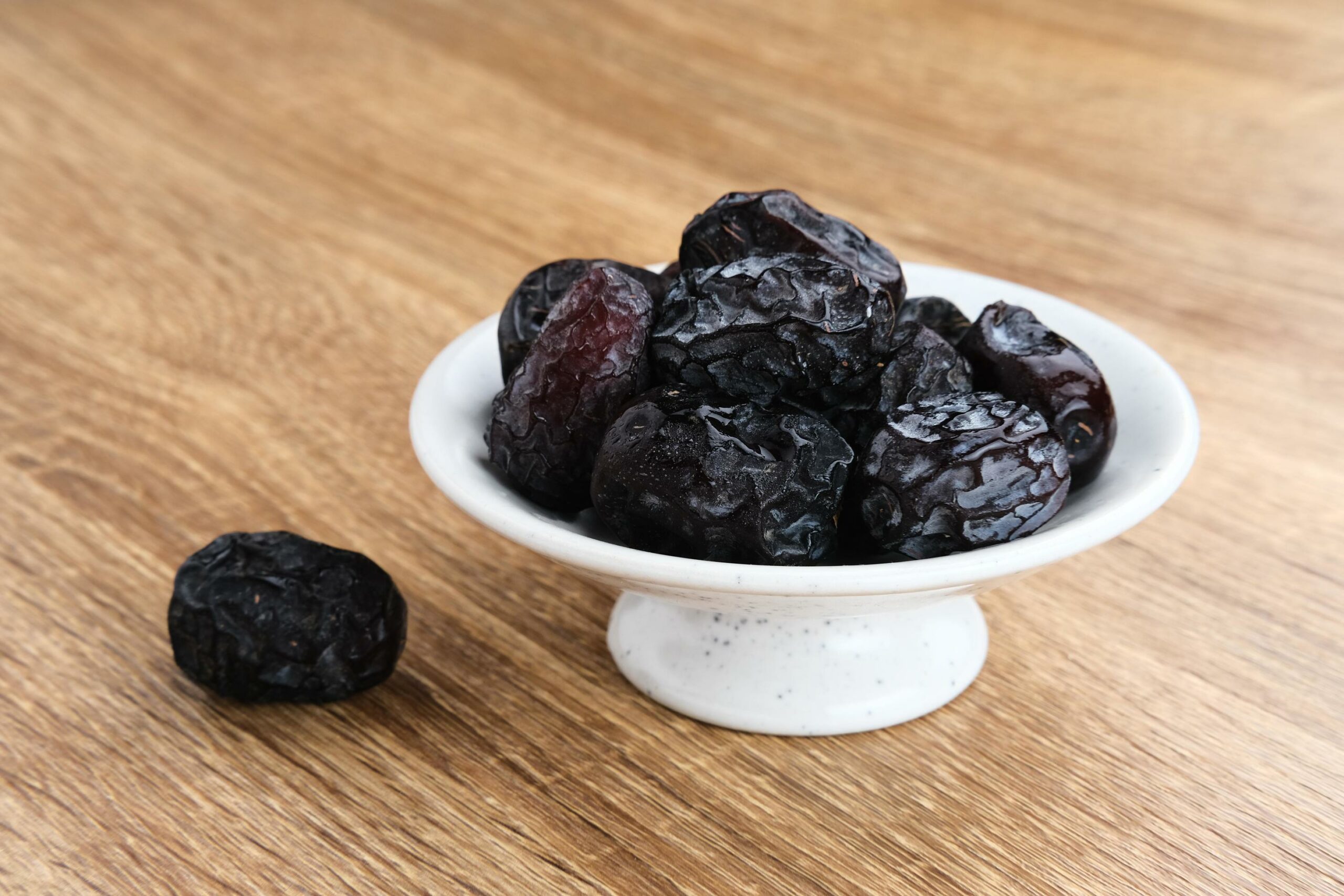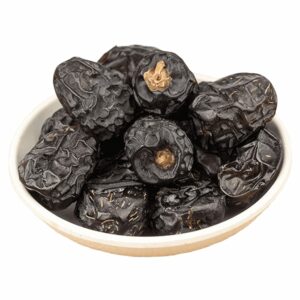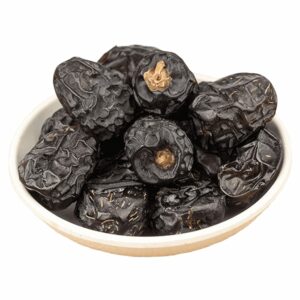The Blessed Dates of Prophet Muhammad (PBUH) in Malaysia

Kurma Nabi, also known as the Dates of Prophet Muhammad (PBUH), hold a significant place in Islamic tradition and are highly revered by Muslims around the world. In Malaysia, these blessed dates are cherished for their historical and spiritual importance. In this blog post, we will embark on a journey to explore the world of Kurma Nabi Malaysia, shedding light on their unique qualities, the reverence with which they are regarded, and the blessings they bring to our lives. Join us as we delve into the captivating realm of Kurma Nabi and uncover their divine significance.
The Historical and Spiritual Importance
The historical and spiritual importance of Kurma Nabi stems from the fact that they are associated with the beloved Prophet Muhammad (PBUH), the last and final messenger of Islam. It is believed that the Prophet Muhammad (PBUH) consumed dates and held them in high regard, considering them blessed and beneficial for both physical and spiritual well-being. The tradition of consuming Kurma Nabi has been passed down through generations, symbolizing a connection to the Prophet’s teachings and a means of seeking blessings.
Unique Characteristics of Kurma Nabi Malaysia
Kurma Nabi possess unique characteristics that set them apart from other date varieties. They are known for their exceptional taste, quality, and texture. These dates are often soft, moist, and luscious, with a rich, caramel-like flavor that delights the palate. The process of harvesting and storing Kurma Nabi Malaysia is carried out with great care to ensure their freshness and purity, enhancing their divine qualities.
The Reverence and Rituals
In Malaysia, Kurma Nabi is held in high reverence and regarded as a blessed food. Muslims often consume these dates during religious occasions, such as Ramadan and other significant events, as a way of emulating the practices of the Prophet Muhammad (PBUH). The act of consuming Kurma Nabi Malaysia is considered a spiritual practice, a means of seeking blessings and connecting with the traditions of Islam.
Blessings and Benefits
Muslims believe that consuming Kurma Nabi brings an array of blessings and benefits. These dates are regarded as a source of physical nourishment and spiritual upliftment. It is believed that by consuming Kurma Nabi with a sincere heart and intention, one can attain spiritual blessings, forgiveness, and increased proximity to Allah. The act of partaking in these blessed dates is seen as a way to strengthen faith and seek the intercession of the Prophet Muhammad (PBUH).
Incorporating Kurma Nabi into Daily Life

Apart from being consumed during religious occasions, Kurma Nabi can be incorporated into daily life as a wholesome and nutritious food. These dates can be enjoyed as a healthy snack, added to desserts, or used in cooking and baking. Their natural sweetness and unique flavor make them a versatile ingredient that adds depth to a variety of culinary creations.
Rituals and Practices Associated with Consuming Kurma Nabi in Malaysia
In Malaysia, the consumption of Kurma Nabi (Dates of Prophet Muhammad) is often accompanied by specific rituals and practices that hold deep spiritual and cultural significance. These rituals are observed during religious occasions, such as Ramadan, and other significant events. Let’s explore some of the common rituals and practices associated with consuming Kurma Nabi in Malaysia.
1. Breaking the Fast with Kurma Nabi
During the holy month of Ramadan, Muslims in Malaysia observe fasting from dawn to sunset. The fast is traditionally broken with dates, including Kurma Nabi. It is believed to be a practice of the Prophet Muhammad (PBUH) to break his fast with dates fruit products, and Muslims in Malaysia continue this tradition. The act of consuming dates fruit products at the time of iftar (breaking the fast) symbolizes the beginning of the evening meal and provides nourishment after a day of fasting.
2. Offering Dates to Guests
In Malaysian culture, it is customary to offer dates, including Kurma Nabi, to guests as a gesture of hospitality and goodwill. When hosting gatherings or events, dates are often served as a welcoming snack to guests. This practice reflects the cultural importance of dates and their association with generosity and warmth.
3. Commemorating Religious Events
Kurma Nabi is often consumed during religious events and commemorations, such as the birth of the Prophet Muhammad (PBUH) or other significant Islamic occasions. Muslims gather to recite prayers and engage in religious activities, and dates, including Kurma Nabi, are shared among the attendees. It is seen as a way of celebrating the event and seeking the blessings associated with the Prophet Muhammad (PBUH).
4. Seeking Blessings and Spiritual Connection

Consuming Kurma Nabi is considered a means of seeking blessings and establishing a spiritual connection with the Prophet Muhammad (PBUH). Muslims in Malaysia believe that by partaking in these blessed dates with sincere intentions and gratitude, they can attain spiritual blessings, forgiveness, and closeness to Allah. It is seen as an act of remembrance and a way to strengthen faith.
5. Sharing Dates with the Needy
Another significant practice associated with Kurma Nabi in Malaysia is the act of sharing dates with the needy and less fortunate. Muslims are encouraged to distribute dates, including Kurma Nabi, to those in need, especially during the month of Ramadan. This act of charity and compassion is viewed as a way to share blessings and fulfill the teachings of Islam.
6. Using Dates in Islamic Celebrations
Dates, including Kurma Nabi, are often incorporated into various Islamic celebrations and religious ceremonies. They are used as offerings and are prominently featured in the preparation of special dishes and desserts for these occasions. Dates symbolize abundance, blessings, and the rich heritage of Islamic traditions.
Conclusion
In Malaysia, the consumption of Kurma Nabi is accompanied by meaningful rituals and practices that reflect the deep spiritual connection that Muslims have with these blessed dates. From breaking the fast during Ramadan to sharing them with guests and the less fortunate, these rituals highlight the significance of Kurma Nabi in Malaysian Islamic culture. By observing these practices, Muslims in Malaysia seek spiritual blessings and strive to emulate the traditions of the Prophet Muhammad (PBUH) in their daily lives.